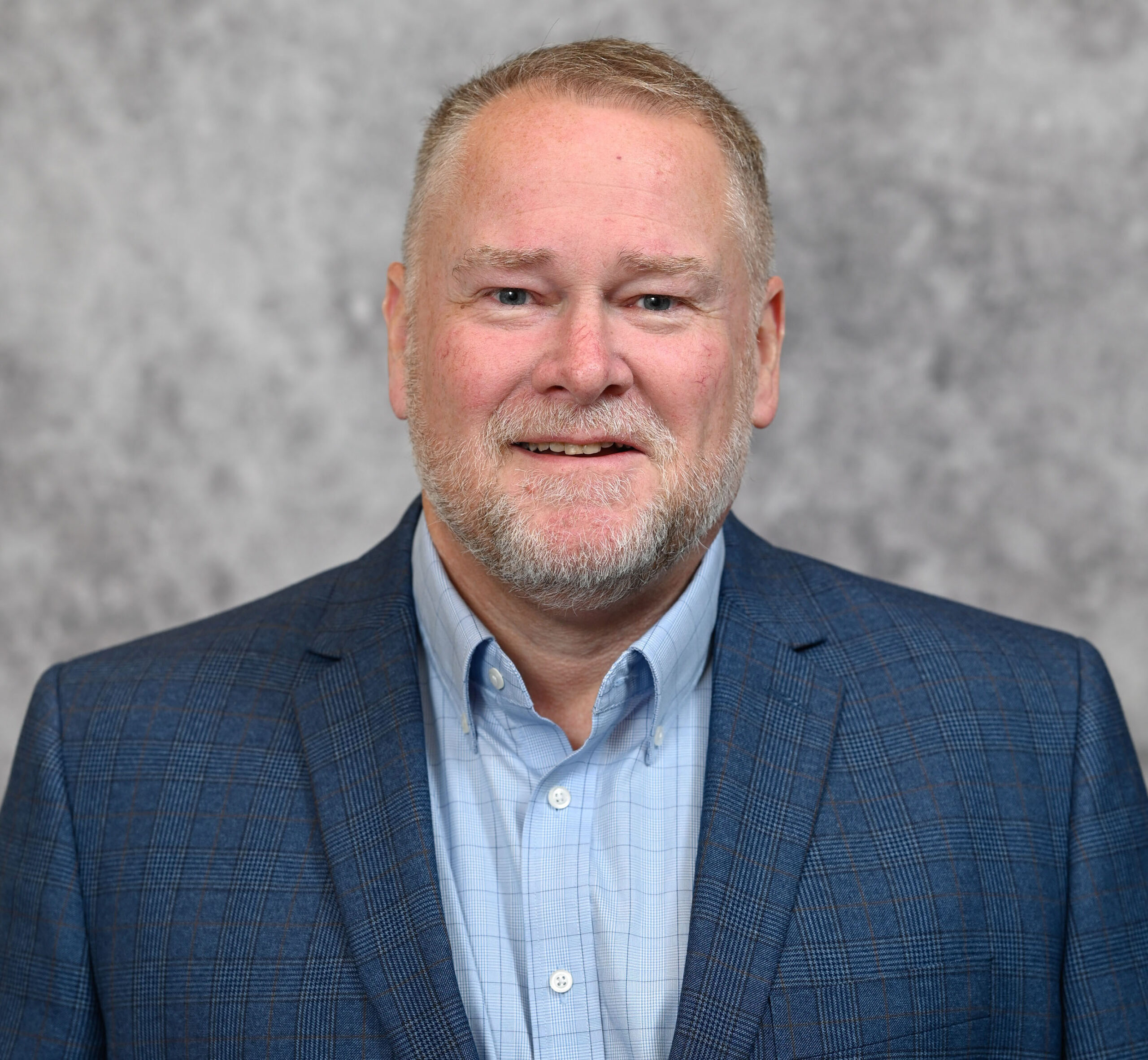Kevin Oliver
Professor (Learning, Design, & Technology)
He/Him/His
1010 Main Campus Drive, Suite 300
Bio
Dr. Kevin Oliver is a Professor of Learning, Design, and Technology (2005-present) in the College of Education at North Carolina State University. He teaches educational technology courses across LDT programs (undergraduate, master’s, doctoral) on topics such as instructional design, theoretical foundations of learning environments, technology program and staff development, distance learning, culture and technology, and technology in informal learning. He has been an active mentor to LDT and affiliated students, graduating 16 doctoral students as chair or co-chair with 6 active doctoral students, and serving on an additional 26 completed dissertation committees. He served as Department Head for Teacher Education and Learning Sciences (TELS) for two years (2022-2024).
Research Description
In his 19 years on the faculty at NC State, Dr. Oliver’s research has focused in three areas: 1) innovative approaches to open and distance learning [funding: Gates Foundation; National Science Foundation, North Carolina Department of Public Instruction]; 2) promoting STEM learning through informal after-school learning environments such as makerspaces and robotics clubs [funding: Burroughs-Wellcome Fund, National Science Foundation]; and 3) promoting culturally-responsive teaching, cross-cultural understanding, and cultural identity development through technical representations of culture [funding: Triangle Community Foundation, University Global Partnership Network]. Around the topic of culture and technology, Dr. Oliver leads an annual study abroad professional development program known by the acronym CIDRE for practicing teachers in an international context. Drawing on a particular mode of cultural representation from this study abroad program (locative media), Dr. Oliver co-leads the Locative Press Lab in the college, working with teachers and community partners on locative media projects such as locative and virtual tours (see Russell School Tour). Dr. Oliver was selected to serve as a 2022 UNC System Faculty Fellow and studied how innovation was supported in technology-intensive spaces across the 17-campus system (i.e., makerspaces and design studios, entrepreneurship centers, high-tech classrooms). Dr. Oliver is currently listed on the Fulbright Specialist Roster with a four-year tenure (2021-25), eligible to be matched with short-term projects designed by international host institutions through the Fulbright Specialist Program, U.S. Department of State Bureau of Educational and Cultural Affairs.
Education
Ph.D. Instructional Technology University of Georgia 1999
M.Ed. Educational Media and Instructional Design UNC-Chapel Hill 1993
B.S. Communications-Advertising University of Tennessee 1990
Area(s) of Expertise
distance education; technology and informal learning in STEM; culture and technology
Publications
- Fostering Interdisciplinary Learning for Elementary Students Through Developing Interactive Digital Stories , (2023)
- Multimodal CS Education Using a Scaffolded CSCL Environment , PROCEEDINGS OF THE 2023 CONFERENCE ON INNOVATION AND TECHNOLOGY IN COMPUTER SCIENCE EDUCATION, ITICSE 2023, VOL. 2 (2023)
- Supporting Upper Elementary Students in Multidisciplinary Block-Based Narrative Programming , PROCEEDINGS OF THE 54TH ACM TECHNICAL SYMPOSIUM ON COMPUTER SCIENCE EDUCATION, VOL 2, SIGCSE 2023 (2022)
- Measuring in-service teacher self-efficacy for teaching computational thinking: development and validation of the T-STEM CT , EDUCATION AND INFORMATION TECHNOLOGIES (2021)
- Online Learning in Mathematics Education , (2021)
- Supporting Interactive Storytelling with Block-Based Narrative Programming , Interactive Storytelling (2021)
- Informing Makerspace Outcomes Through a Linguistic Analysis of Written and Video-Recorded Project Assessments , International Journal of Science and Mathematics Education (2020)
- Toward a Block-Based Programming Approach to Interactive Storytelling for Upper Elementary Students , Interactive Storytelling (2020)
- Computational thinking in student reflections: A thematic analysis of video project documentation in the afterschool makerspace , Proceedings of Ed Media + Innovate Learning (2019)
- Design and development of a new course on culture, media, and technology , Proceedings of E-Learn: World Conference on E-Learning in Corporate, Government, Healthcare, and Higher Education (2019)
Groups
Honors and Awards
- 2022, UNC System Faculty Fellow
- 2021-2025, Fulbright Specialist Roster
- 2020, Distance Education Journal Article Award (Quantitative), 2nd Place, AECT Division of Distance Learning
- 2020, Outstanding Journal Article Award, 1st Place, AECT Design and Development Division
- 2018, Outstanding Paper Award, AACE Ed-Media Conference
- 2018, Outstanding Graduate Faculty Mentor Award Finalist (not awarded), NC State University
- 2017, 2018, 2019, Global Engagement Award, NC State College of Education (represented college at university-level competition)
- 2016, NC State Academy of Outstanding Faculty Engaged in Extension (AOFEE)
- 2016, Outstanding Extension Service Award, NC State University
- 2015, Gertrude Cox Award for Innovative Excellence in Teaching and Learning with Technology, NC State University
- 2014, UNC System Instructional Innovation Incubator (i3@UNC) Faculty Fellow
- 2013, Friday Institute Research Fellow
- 2011, Outstanding Poster Award, AACE SITE Conference
News
- Voices of the Russell School Event at NC State Libraries
- Faculty Engage in Outreach, Professional Development, through International Travel this Summer
- Professor Kevin Oliver Selected as One of Three 2022 UNC Faculty Fellows
- NC State College of Education Launches Online Graduate Certificate Program in Learning Analytics This Fall
- Grant-Funded Project Gives Students Access to STEM Concepts Through Robotics
- Kevin Oliver, Angela Wiseman Provide Prof Dev for In-service Teachers Through Cultural Immersion, Digital Tools in Germany
- Associate Professor Angela Wiseman to Collaborate with International Universities on Upcoming Projects
- International Inquiry: Providing Local In-Service Teachers with International Professional Development
